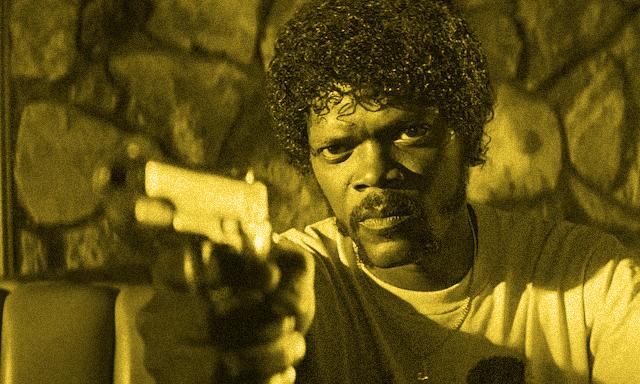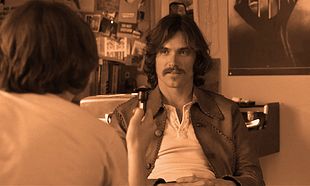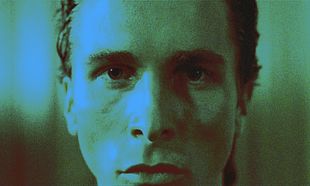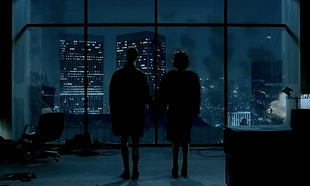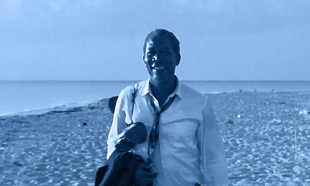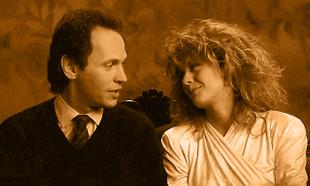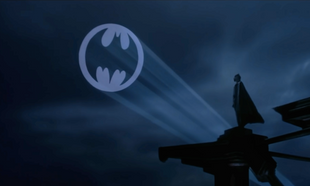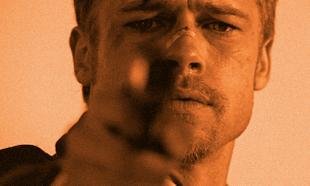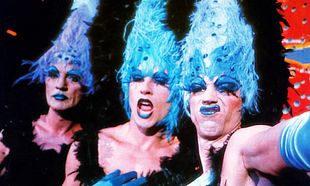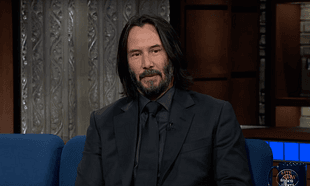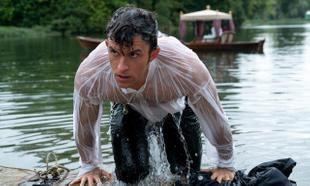The Final Scene looks at the last few minutes of some of the most well-known movies of the past fifty years. This week, in honour of the 25th anniversary of its premiere at Cannes, it's Quentin Tarantino's 'Pulp Fiction'...
If you go by the actual chronology of the movie's story, the ending of 'Pulp Fiction' is actually when Bruce Willis' triumphant boxer, Butch, disappears on the back of a chopper (not a motorcycle) to collect his winnings with his girlfriend, Fabienne, played by Portugese actor Maria de Medeiros.
The ending we all know and accept, however, is the coffee house scene where Tim Roth confronts Samuel L. Jackson for his wallet.
The opening scene of 'Pulp Fiction' is just as important as the ending scene, because it's between these two moments that the story winds its way back to. Imagine if the movie just ended with Bruce Willis heading off into the sunset.
Would it have been nearly as impactful? Most likely not, because the imagery and the mystique around its convoluted chronology just adds to the 'coolness' of it all.
After calmly defusing the robbery - which Samuel L. Jackson doesn't even stop, merely pauses out of his own self-interest - he calmly picks himself up from the booth, shoves his pistol inside his beach shorts, and exits the coffee house with John Travolta.
Other than a small quip about it being a good idea to leave, his fate is left open to the audience. Did he wander from place to place, get into adventures, like he said he would? Did he become a bum as Vincent Vega predicted? Did he continue to try real hard to be the shepherd?
It doesn't honestly matter. It's telling that Quentin Tarantino has never speculated nor intimated what happened to Jules Winfield after he left the coffee house. Again, going by the chronology, we know he handed in the briefcase to Marcellus Wallace. That's all. Given how 'Pulp Fiction' is such an endlessly quoted, endlessly rewatched movie, it seems kind of odd that nobody speculates as to what happened after.
That's how 'Pulp Fiction' has stood the test of time, arguably. It is a perfectly-pitched ending, because the story ends right when it's supposed to - even if it is out of order with the sequence of events. The story lingers on ever so slightly, but when you sit back and think about it, the strands tie together and weave something beautiful.
If you want to go into the philosophy of how it all ends, there's a few interesting takes. Before Pumpkin and Honey Bunny - that's Tim Roth and Amanda Plummer - rob the place, Jules and Vincent are discussing the freak occurrence / miracle they witnessed. All of it is weighing heavily on Jules' mind, who believes he felt the touch of God and believes he can't go back to his normal life after this. Vincent, however, believes as he did in the car when his gun misfired - that the incident, strange as it was, was just that. Strange, random and without a higher design.
Whether it was or not is left open to speculation, just as Jules speculates on his own use of the bible passage, Ezekiel 25:17. When he leaves the coffee house, we're left wondering if he's going to continue to be the shepherd.
